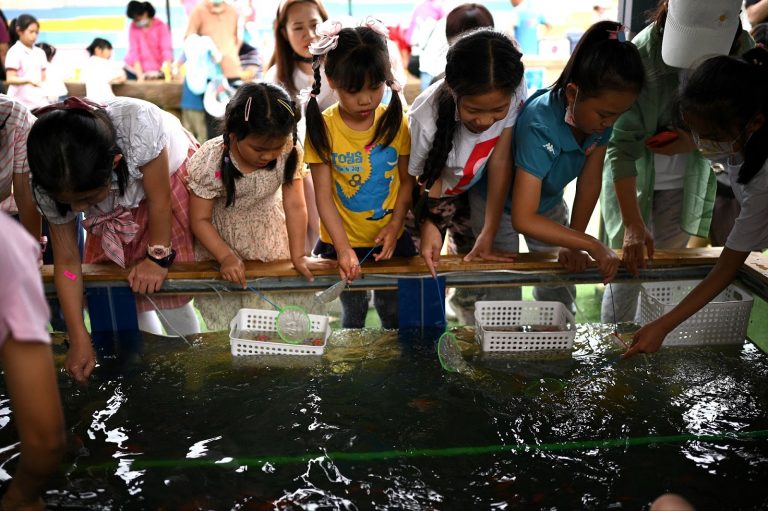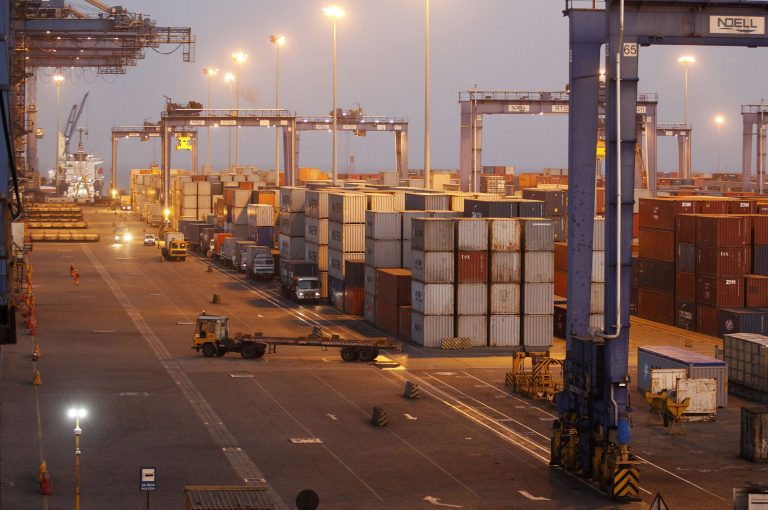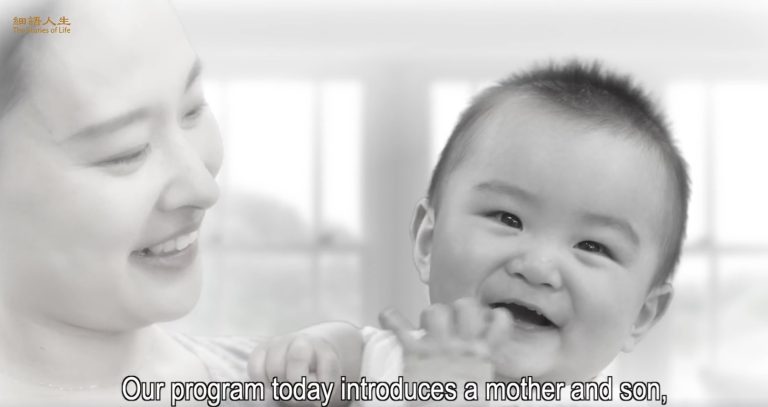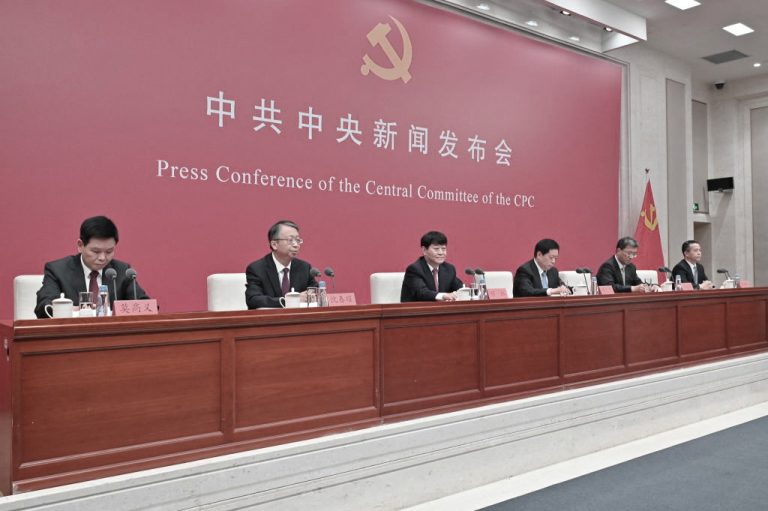In what appears to be a desperate attempt to address falling birthrates and a rapidly aging population in China, the Chinese Communist Party (CCP) announced on May 31 that married couples may have up to three children representing a major policy shift from their decades old one-child policy that was scrapped in 2016.
A one-child policy was implemented in China in 1979 with the intention of avoiding overpopulation that would hold back the country’s development and result in starvation. The unprecedented policy was largely panned as dehumanizing, draconian and a “gross violation of human dignity” that resulted in mass infanticide, forced abortions and a disproportinate number of men in the population since couples preferred boys, who can pass on the family line, over girls. The policy was condemned by human rights groups globally and has been described as “the worst assault on women in history.”
But by the 2010s, Chinese demographers grew nervous as census results pointed to an aging population that was not producing enough offspring to support the economy and a graying population. China then implemented a two-child policy in 2016 which, according to the most recent census results, failed to result in the desired sustained population growth; this led to the recent three-child policy.
At a leadership meeting in Beijing on May 31, CCP general secretary Xi Jinping announced the new policy along with sweeping new supports for young families promising to “protect women’s employment, reduce education costs, and improve maternity leave,” but provided few details.
Disturbing numbers
The hastily announced policy is a direct result of the most recent census results that were released on May 11. China completes a census once a decade and the results are the catalyst for far reaching social and economic policy.
Success
You are now signed up for our newsletter
Success
Check your email to complete sign up
Rep. Chris Smith (R-NJ), in conversation with Breitbart described the Chinese Communist Party (CCP) as “white-knuckled scared” of the looming population crisis.
China’s working-age population — people between the ages of 15 and 59 — is in free fall. This age group has dropped from 70.1 percent of the population a decade ago to 63.3 percent today, according to AP.
The Chinese Labor Ministry suspects that the number of working-age people may fall to half the population by 2050. As such there are discussions about extending the retirement age to keep people working and producing longer.
While this coveted age group drops in population, the percentage of the population 65 years old and above is ballooning, going from 8.9 percent of the population a decade ago to 13.5 percent today, representing a direct threat to the ruling party’s economic and political ambitions.
China’s fertility rate is also alarming for the ruling party. The average number of births per mother remains at 1.3 well below the replacement rate of 2.0 and a growth rate of at least 2.1.
“China’s state-run Global Times on Tuesday reported the country registered 10 million newborns in 2020, a 15-percent decline from 2019 that brought China’s birth rate well below the ‘warning level’ demographics experts have established,” Breitbart reported.
High cost of living, gruelling work hours
High education costs, a lack of affordable child care, gruelling professional demands and a disproportionate number of men to women in the populace have all contributed to the plummeting birth rates.
It’s estimated that men and boys outnumber females by approximately 35 million in China making it difficult for many men to find wives. Compounding this, while men struggle to find a mate, women are increasingly refusing to have children or even marry, preferring instead to focus on their personal lives and careers.
A 31-year-old married woman from the mainland who chose to remain anonymous told the BBC in a recent article, “I have very few peers who have children, and if they do, they’re obsessed about getting the best nanny or enrolling the kids in the best schools. It sounds exhausting.”
The high costs of child rearing and a lack of social support provides an ideal excuse for many to delay or entirely forgo having children.
A growing sentiment on the mainland known as “lying flat” is only deepening the crisis and has been heavily criticized by official Chinese media.
Disenchanted young people are opting out of society as a result of becoming disheartened concerning their prospects in life and having to work gruelling hours for what is deemed little return. Many of the younger generation have all but given up on marriage, having children and owning property opting for a simpler more humble life in search of happiness.
The resistance idea is a hot topic on Chinese social media garnering hundreds of millions of views and comments on numerous platforms.
In a Free Malaysia Today (FMT) article a 24-year old human resources worker named Lin stated, “young people can’t become ‘winners in life’ who buy cars, apartments, get married and have children. So they choose to lower their goals and reduce their desires.”
“Isn’t it wonderful if basic needs are met and people live in a more relaxed way?” 47-year-old freelancer Lucy Lu told FMT.







